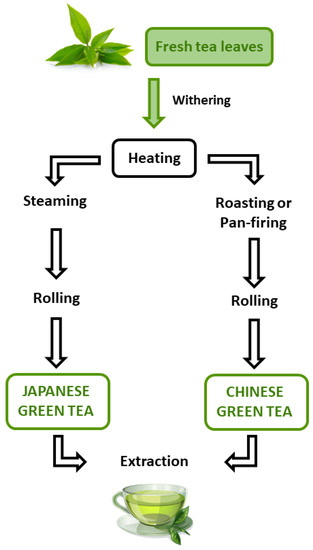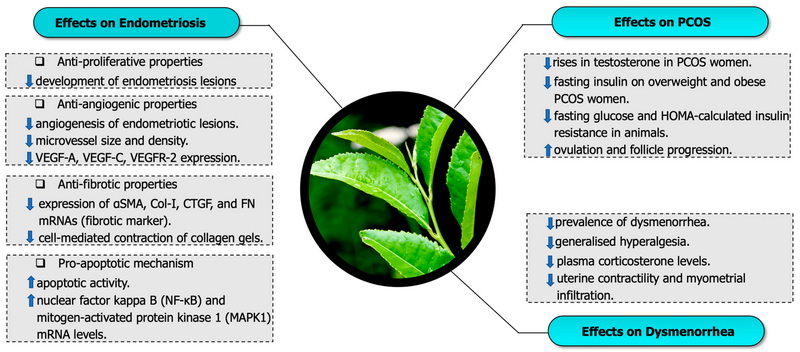Content Menu
● Understanding Green Tea Extract
>> Benefits of Green Tea Extract
● Effects of Taking Green Tea Extract on an Empty Stomach
● Recommendations for Consumption
● Scientific Evidence Supporting Green Tea Extract Benefits
>> Weight Management
>> Cardiovascular Health
>> Liver Health Concerns
● Conclusion
● FAQ
>> 1. Is it safe to take green tea extract daily?
>> 2. Can green tea extract help with weight loss?
>> 3. What are the side effects of taking green tea extract?
>> 4. Should I take green tea extract before or after meals?
>> 5. Can I take green tea extract if I have acid reflux?
● Citations:
Green tea has long been celebrated for its numerous health benefits, from aiding weight loss to enhancing brain function. However, a common question arises: Can I take green tea extract on an empty stomach? This article explores the implications of consuming green tea extract without food, examining both its benefits and potential drawbacks.

Understanding Green Tea Extract
Green tea extract is a concentrated form of green tea that contains high levels of antioxidants, particularly catechins. These compounds are believed to be responsible for many of the health benefits associated with green tea. The most notable catechin is epigallocatechin gallate (EGCG), known for its powerful antioxidant properties.
Benefits of Green Tea Extract
Green tea extract is associated with several health benefits:
- Weight Loss: Studies suggest that green tea extract can boost metabolic rate and promote fat burning, especially during exercise.
- Heart Health: Regular consumption may lower cholesterol levels and reduce blood pressure.
- Brain Health: Antioxidants in green tea can protect brain cells from oxidative stress, potentially reducing the risk of neurodegenerative diseases.
- Blood Sugar Regulation: It may improve insulin sensitivity and help regulate blood sugar levels.
- Cancer Prevention: Some research indicates that the antioxidants in green tea may help prevent certain types of cancer by inhibiting tumor growth and reducing inflammation.
Effects of Taking Green Tea Extract on an Empty Stomach
While the benefits are appealing, taking green tea extract on an empty stomach can lead to several adverse effects:
- Increased Stomach Acid: Green tea contains tannins that can increase stomach acidity, leading to discomfort, nausea, or even constipation. This is particularly concerning for individuals with pre-existing gastrointestinal issues such as acid reflux or ulcers.
- Nutrient Absorption Issues: Consuming green tea extract without food can hinder the absorption of certain nutrients, particularly iron. This can be problematic for individuals with anemia or those at risk of iron deficiency.
- Caffeine Sensitivity: Green tea contains caffeine, which can stimulate the adrenal glands and lead to increased heart rate and blood pressure when consumed on an empty stomach. This effect may exacerbate anxiety or stress responses in sensitive individuals.
Recommendations for Consumption
Based on the potential side effects, it is generally advised to consume green tea extract with food. Here are some tips for safe consumption:
- Pair with Light Snacks: Consider taking green tea extract alongside a small meal or snack to mitigate any negative effects on your stomach and enhance nutrient absorption.
- Moderation is Key: Limit intake to no more than 3 cups per day to avoid adverse gastrointestinal effects and caffeine-related issues.
- Consult a Healthcare Provider: If you have any underlying health conditions or are taking medications, consult your doctor before adding green tea extract to your routine.

Scientific Evidence Supporting Green Tea Extract Benefits
Numerous studies have explored the various health benefits of green tea extract. For instance, a systematic review indicated that supplementation with green tea extract significantly reduced body mass index (BMI), waist circumference, and fat mass in overweight individuals[5]. Additionally, another study found that participants who consumed green tea extract experienced improved insulin sensitivity and lower fasting blood sugar levels[9].
Weight Management
The role of green tea extract in weight management is particularly noteworthy. Research suggests that EGCG can enhance fat oxidation during exercise. A study involving 115 women showed that those taking 856.8 mg of green tea extract daily lost significant weight compared to those taking a placebo[9].
Cardiovascular Health
Green tea's cardiovascular benefits are also well-documented. Regular consumption has been linked to lower levels of LDL cholesterol and improved arterial function. The antioxidants in green tea help reduce oxidative stress and inflammation, contributing to overall heart health[7][9].
Liver Health Concerns
While there are many benefits, it's essential to be aware of potential risks associated with high doses of green tea extract. Some cases have reported liver damage linked to excessive intake[2][9]. It is crucial to follow recommended dosages and monitor liver function if consuming high concentrations of green tea extracts over extended periods.
Conclusion
In summary, while green tea extract offers numerous health benefits, consuming it on an empty stomach may not be advisable due to potential side effects such as increased stomach acidity and impaired nutrient absorption. For optimal results and comfort, it is best taken with food. Always consult a healthcare professional if you have concerns regarding its use or if you have pre-existing health conditions.

FAQ
1. Is it safe to take green tea extract daily?
Yes, but moderation is key. Limit intake to no more than 3 cups per day to avoid adverse effects.
2. Can green tea extract help with weight loss?
Yes, studies suggest it can boost metabolism and promote fat burning when combined with exercise.
3. What are the side effects of taking green tea extract?
Common side effects include nausea, abdominal pain, and increased heart rate, especially when taken on an empty stomach.
4. Should I take green tea extract before or after meals?
It is recommended to take it after meals or with a light snack to reduce potential gastrointestinal discomfort.
5. Can I take green tea extract if I have acid reflux?
It's best to avoid taking it on an empty stomach if you have acid reflux; consult your doctor for personalized advice.
Citations:
[1] https://www.drugs.com/npp/green-tea.html
[2] https://www.urmc.rochester.edu/encyclopedia/content?contenttypeid=19&contentid=GreenTeaExtract
[3] https://www.webmd.com/vitamins/ai/ingredientmono-960/green-tea
[4] https://www.vumc.org/poison-control/toxicology-question-week/march-12-2021-what-are-adverse-effects-green-tea-extract
[5] https://pubmed.ncbi.nlm.nih.gov/38031409/
[6] https://www.nature.com/articles/srep12015
[7] https://www.medicalnewstoday.com/articles/269538
[8] https://pubmed.ncbi.nlm.nih.gov/11251015/
[9] https://www.healthline.com/nutrition/10-benefits-of-green-tea-extract
[10] https://www.bajajallianz.com/blog/wellness/green-tea-benefits-uses-preparation-side-effects.html






























